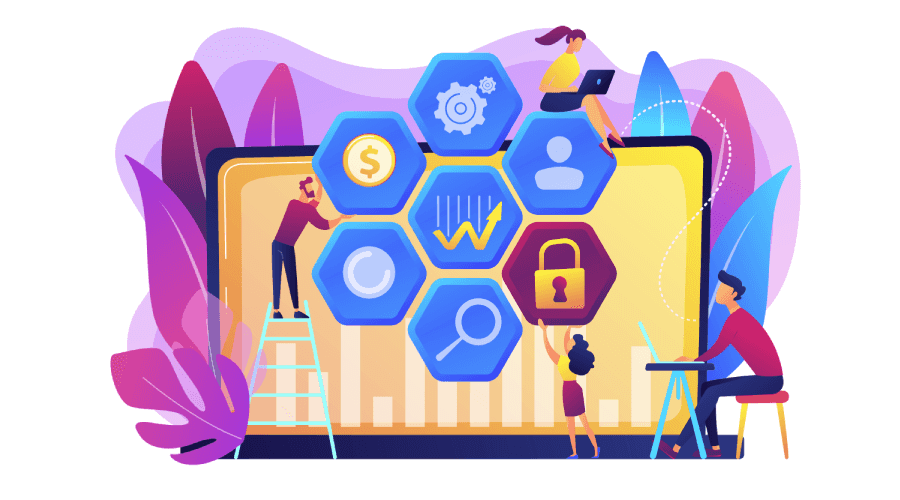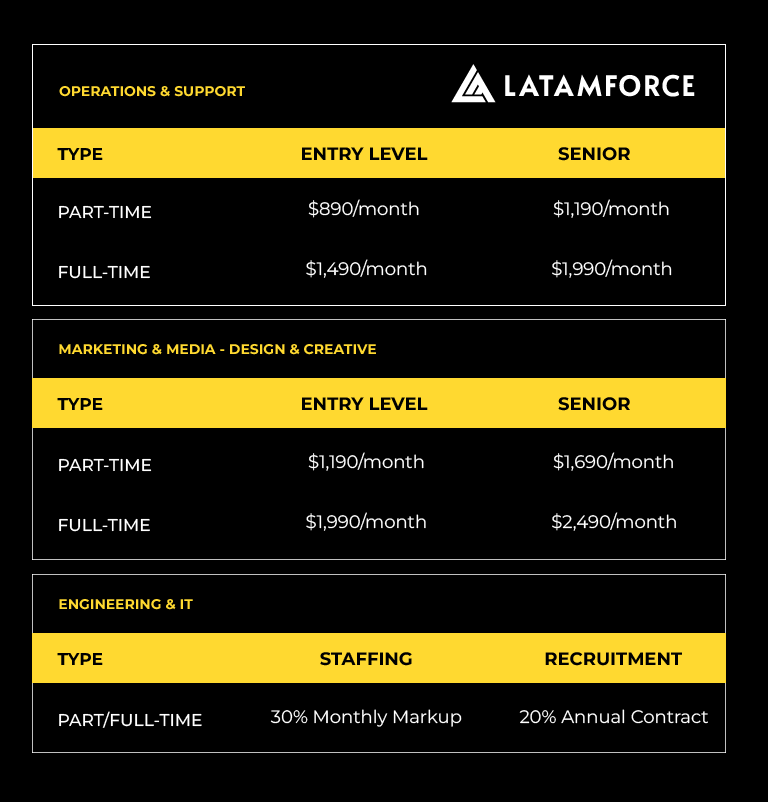Future-Proofing Your Workforce: The Importance of Continuous Learning in Nearshoring
In today’s rapidly evolving business landscape, the importance of continuous learning cannot be overstated—especially in the context of nearshoring. As companies increasingly rely on nearshore teams to drive innovation and maintain competitiveness, the need to future-proof these teams through ongoing education and skill development becomes paramount. Continuous learning is not just a strategic advantage; it is essential for sustaining long-term success in a dynamic global market.
The Evolving Demands of the Market
The technology and business environments are changing at an unprecedented pace. New tools, methodologies, and market demands are constantly emerging, requiring professionals to adapt and expand their skill sets continuously. For nearshore teams, this is particularly relevant as they often work on projects that involve cutting-edge technologies and practices. Without a commitment to continuous learning, these teams risk becoming outdated and less competitive.
Continuous learning allows nearshore professionals to stay abreast of industry trends, acquire new skills, and refine existing ones. This not only enhances their value to their employers but also positions them as leaders in their respective fields. For companies, investing in the continuous development of their nearshore teams ensures that they remain agile and capable of meeting the challenges of the future.
Enhancing Flexibility and Innovation
One of the key benefits of continuous learning is the increased flexibility it provides to nearshore teams. When employees are encouraged to learn and grow, they become more adaptable to change. This adaptability is crucial in nearshoring, where teams often need to quickly pivot in response to new client demands, technological advancements, or market shifts.
Moreover, continuous learning fosters a culture of innovation. When employees are given the tools and opportunities to expand their knowledge, they are more likely to think creatively and propose innovative solutions. This can lead to the development of new products, services, or processes that provide a competitive edge. In nearshoring, where innovation is often a key differentiator, the ability to continuously learn and innovate is a significant asset.
Attracting and Retaining Top Talent
The commitment to continuous learning is also a powerful tool for attracting and retaining top talent. In a competitive job market, professionals are increasingly seeking employers who offer opportunities for growth and development. By providing access to training programs, workshops, certifications, and other learning resources, companies can position themselves as attractive employers to skilled professionals.
For nearshore teams, the ability to continually enhance their skills can be a major incentive to stay with a company. This not only helps reduce turnover rates but also ensures that the company retains its most talented and experienced employees. A workforce that feels valued and invested in is more likely to remain engaged and committed to the company’s success.
Building a Resilient Workforce
Continuous learning also plays a crucial role in building a resilient workforce. In the face of economic uncertainties, technological disruptions, or changes in client needs, a well-trained and adaptable team is better equipped to handle challenges and maintain productivity. By future-proofing their workforce through continuous learning, companies can mitigate the risks associated with external disruptions and ensure long-term stability.
This resilience is particularly important in the nearshoring context, where teams often work on critical projects for international clients. A workforce that is prepared to learn and evolve is more capable of delivering consistent results, even in the face of unforeseen challenges.
Future-proofing your workforce through continuous learning is essential for success in nearshoring. By fostering a culture of ongoing education and skill development, companies can enhance the flexibility, innovation, and resilience of their nearshore teams. This not only helps attract and retain top talent but also positions the company to thrive in a rapidly changing market.
Invest in your nearshore team’s future today—schedule a call to learn how we can help you implement a continuous learning strategy that drives success.





